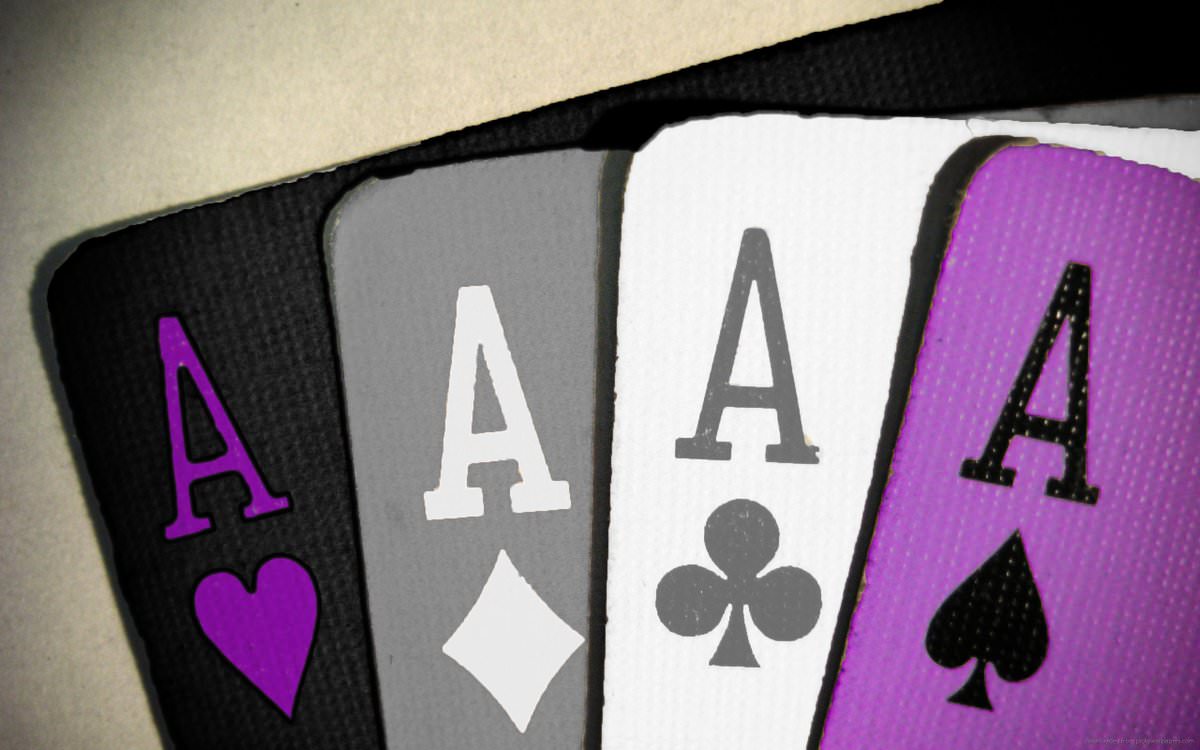Posted by Poornima Kumar
Its Asexual Awareness Week once again, and I’ve come a long way. A lot has changed about how I see asexuality and how I relate to the spectrum. After all the confusions, doubt and unsureness, there is a moment of clarity.
For me, asexuality is more of a tool that helped me figure out my sexuality and not something I’d label myself today. I’d rather identify as queer. It captures a lot more.
One might ask then, what does this mean? If asexuality is a sexual orientation, haven’t we agreed that sexual orientations cannot be changed? Yes, that’s true and that’s where asexuality attempts to be a bit unique. The fact that I don’t label myself as asexual anymore does not mean that I do not relate to the spectrum anymore.
For me, asexuality is more of a tool that helped me figure out my sexuality and not something I’d label myself today.
It doesn’t change the fact that sexual attraction is extremely rare for me or that I don’t see sex as a need. Many from the asexual community might ask, why then the abandonment of the label?
Identifying with a label is far more political than it is personal. Particularly when the identity is a minority, which goes largely unrecognised and is pushed to the edges of society. In an attempt to bring some change in such a social order, all those who identify with the label collectivize and work towards dismantling the structures that hold up this social order.
But as a queer woman what does one do when the label itself is coined by a cis gender binary white man? Let me clarify, this is in no way an attempt to undermine David Jay’s contribution to asexuality, but rather a call to re-think how we understand asexuality in India today.
Also Read: What Is Asexuality? These 8 Terms Will Help You Understand The Ace Spectrum
To understand any identity and the consequent movements to liberate that identity it is absolutely essential to place the identity within a historical and cultural context. My personal experience from within the asexual community in India tells me we are far from doing that.
There seems to be this sudden frenzy, not only in India, but also everywhere else in the world to adopt the American idea of what asexuality is. What one forgets is that the American idea is suited to the American context (that too not entirely, asexual people of colour have been very articulate about that) and that a mere cut, copy, paste in India would only deepen the very discrimination we are attempting to fight.
The asexuality movement in India is small and growing. But in our attempt to increase conversations around asexuality here we have forgotten to raise a few crucial questions that are very important to place asexuality within historical and cultural contexts of India. In a country that once celebrated sexuality and then made it a taboo, how does one approach asexuality?
Identifying with a label is far more political than it is personal.
Today many young women in rural and urban India have been socially conditioned to fear sex, where does one then even begin to talk about asexuality? Would a Savarna woman’s experience of asexuality be similar to that of a Dalit woman’s? (I use mostly women to pose these questions as historically it is women’s sexuality that becomes the core of patriarchal control).
Today if you and I have figured it all out and are proudly opening up to talk about the various possibilities of asexuality, it is because we stand with privilege. Privilege that protects us from most cultural and historical contexts. Privilege that gives us access to the internet and the various social groups online.
Let us for a moment look beyond ourselves, at the larger picture. Asexuality HAS the ability to dismantle the ways in which sexuality is often used to maintain hierarchies within social structures. Discourses around asexuality are powerful enough to shake the roots and re-define social institutions like marriage, family, caste etc. What’s missing, my friend, is context.
Also Read: Confessions Of A Biromantic Asexual
Featured Image Credit: Twitter
Poornima is a queer feminist attempting to re-imagine realities. Often overly cynical, she’d rather live on a hilltop with her uke and lots of bananas.
About the author(s)
Asexuality India is an online digital platform that attempts to provide asexuals in India a digital space to have conversations around asexuality. We hope to encourage discussions on asexuality and other intersections and at the same time make information and resources on asexuality easily accessible. Most importantly we love cake and that's all it takes to get along with us!




